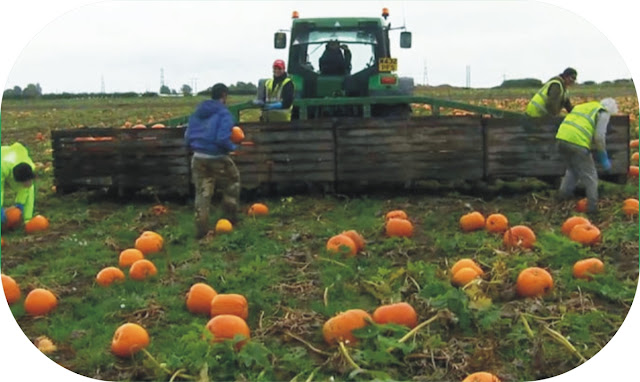It has been made known once again that contrary to
speculations, Brexit may not necessary bring net migration target to a reality
or increase wages for the UK worker, however, it has the probability of
shortening skills which are needed in key sectors, as reported by the House of
Lords.
So far, the Home Secretary Amber Rudd has said "we will
be ending free movement as we know it" and the Prime Minister has made that
the current arrangements with the EU which allows for free movement will be halted.
According to the report from the Lords EU Home Affairs
Sub-Committee bringing to an end free movement of EU nationals in the UK may
only have little or no impact. This is because he explained that prior to the
referendum, net migration were most driven by non-EU citizens.
The report said: "Restoration of national control over
EU migration may or may not, therefore, deliver a reduction in overall net
migration."
Furthermore, the Lords' report also warns extending the
non-EU work permit system to EU migrants could make it harder for employers to
sponsor EU workers, causing labour shortages in areas such as health and
farming.
Brexit Secretary David Davis has already warned it could
take years for Brits to be trained to fill the gaps in low-skilled jobs left by
EU workers.
Baroness Prashar, chair of the committee, called for a
"transitional phase" in dealing with EU migrants and stated that:
"Crucial sectors of the economy depend on EU migrant labour, so it is
essential that any changes don't endanger the vibrancy of the UK economy."
Also speaking, a Home Office spokesman said: "Once we
have left the European Union it will be the Government that sets our
immigration rules.
"We are currently considering the various options as to
how EU migration might work once we have left and it would be wrong to set out
further positions at this stage."











No comments:
Write comments